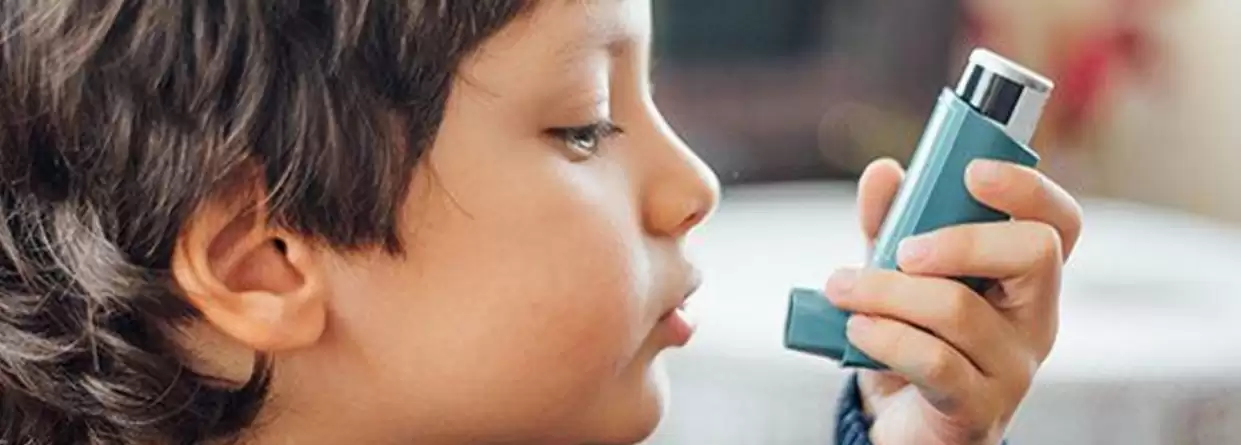
 Emergency No: 08062136598
Emergency No: 08062136598
Pulmonology | by CMRI | Published on 18/05/2021
Asthma is a chronic medical condition marked by severe inflammation in the airways that allow oxygen to reach the lungs. It is marked by frequent episodes of breathing difficulty, commonly referred to as asthma attacks, which may be triggered by a variety of reasons including allergies, infections, and overexertion. In some cases, even stress can lead to an asthma attack. The problem can be quite overwhelming for adults, let alone for kids below 5 years of age. In infants and toddlers, asthma is characterized by two primary symptoms, i.e. comparing and wheezing, which may also be caused by some other underlying medical condition. As per the top children’s asthma doctor, it is due to this very reason that the diagnosis and management of asthma in small children can be comparatively difficult.
Even the standard diagnostic modalities available for assessing a person’s breathing rate may not be able to give precise results when it comes to children. Hence, proper management and regular monitoring of asthma in small children, especially those below 5 years of age are mandatory.
Here are a few symptoms that you need to look out for, as listed by experts from the best multispeciality hospital in Kolkata.
It is pertinent to know that the symptoms may vary in terms of their severity and patterns and these usually tend to worsen at night. The coughing and wheezing also become adverse and your child becomes more vulnerable to infections and allergy triggers.
There are certain events that may trigger your child’s asthma attack. These include the following:
By now you must be familiar with asthma and its major triggers. Now, let us focus on how we can manage the condition in small children. As per the leading pulmonologist in Kolkata, the primary aim of Asthma treatment in children is to treat airway inflammation and prevent asthma attacks. The treatment also focuses on reducing the impact of asthma triggers and helping the child lead a normal life.
The treatment is not started abruptly, but there is a stepwise approach that is to be followed. The doctor may start with a smaller dose and increase it gradually. If the child is stable and does not show any major symptoms, the dose may be again lowered.
Long-term control with the help of medication – These medicines are usually taken on a daily basis and include:
Also referred to as short-acting bronchodilators, these medicines provide instant relief from the symptoms of asthma, however, the effect does not last for more than 4 to 6 hours. These include albuterol and levalbuterol. These are usually given to children who do not have any severe asthma symptoms. However, if a child needs the medication frequently, there might be a need to shift to long-term medication.